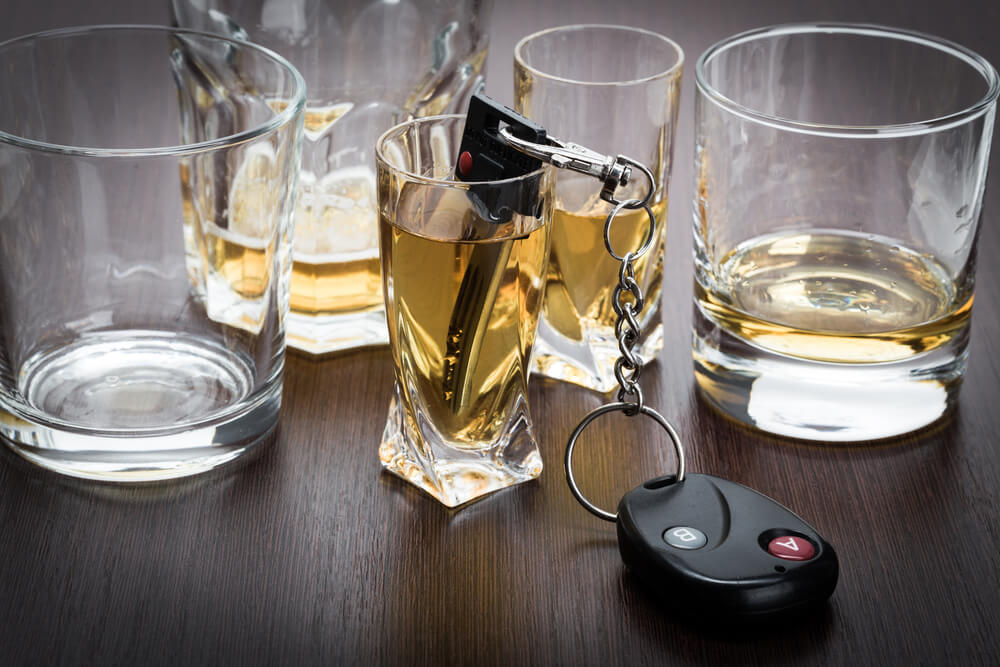
California has some of the strictest DUI laws in the country and if you are operating a passenger vehicle and are 21 or older, the legal limit for blood alcohol content (BAC) is .08. Younger than that, the legal limit is .01, and if a person is operating a commercial vehicle, the legal limit is .04. Given the constant occurrences of DUI, some people are questioning the .08 limit and wondering if it would be better to lower that number to .05. Would lowering the legal limit of alcohol permissible in a person’s blood result in fewer driving related accidents and fatalities? Are drivers with a BAC as low as .05 unable to safely operate a motor vehicle?
Experts question the .08 threshold and contend that a person is “good and drunk” even if their BAC is only .05. Some states such as Colorado charge people with a BAC as low as .05 with driving with ability impaired (DWAI). The National Transportation Safety Board recommends that all states lower the legal limit this lesser level. Researchers have documented that in simulated driving tests people struggle at even this lower level with reaction time, eye movement, and visual depth perception. Failing to get sufficient rest only magnifies a person’s impairment.
The CDC Weighs In On .05
There are a number of factors that affect BAC such as a person’s gender, food intake, and a physical size, however, most people with a BAC of only .05 exhibit impaired mental and motor skills to some degree. The Center for Disease Control reports that a person with .05 BAC exhibits exaggerated behavior, loss of control of small muscles, impaired judgment, reduced alertness and inhibition, and coordination. These drivers also have a reduced ability to track moving objects, difficulty in steering, and reduced emergency time. This compares to driver with a .08 BAC that exhibit all the impairments of those at .05, but additionally exhibit poor balance, hearing, muscle coordination, judgement, self-control and reasoning. Drivers with BAC .08 also exhibit slurred speech and memory loss.
NIH studies further suggest that a person can be impaired if their BAC is as low as .02 which can affect a person’s ability to focus on multiple things at one time, a basic and critical driving skill. No matter what your individual factors experts think that if a person sticks to an under one drink per hour threshold they should be safe to drive.
Sources:
http://www.scpr.org/news/2013/05/17/37304/what-s-the-difference-between-a-blood-alcohol-leve/
http://www.dmv.org/ca-california/automotive-law/dui.php


